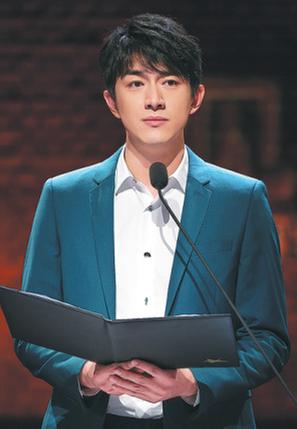Handwritten letters from battlefields and deathbeds touch viewers nationwide
By Xu Fan | China Daily | Updated: 2017-04-03 09:50
 |
Lin Gengxin reads the last letter of Xia Wanchun, who died fighting the Manchu forces in 1647 at the age of 16. [Photo provided to China Daily] |
He said many Chinese don't write wills or publish obituaries, and that they should write such letters to make sure that their children and loved ones follow their wishes after they are gone.
But a look back at China's history and culture over the past 2,000 years may help understand more about Chinese outlook on life and death.
Yang Yu, a professor of ancient literature at the Changsha-based Central South University as well as a guest commentator on the TV show, said Chinese mainly regard death as an inevitably end of life.
"Deeply influenced by Confucius philosophy, they can use faith to resist the fear of death, as well as the wish to pass on their knowledge and wealth to blood relations," she said.
Giving the instance of Zhuang Zi, an ancient philosopher who played a drum to laugh and sing after his wife's death, Yang said Taoists take death as a natural process to see a return to life's origin.
Qiu Anxiong, a Shanghai-based artist, echoed the view. He said the Taoist philosophy rooted in the theories of Lao Zi and Zhuang Zi over 2,000 years ago, deems life as eternal to make followers more accepting of death.
Related:
Keen readers flock to recording booths in response to hit TV show
























